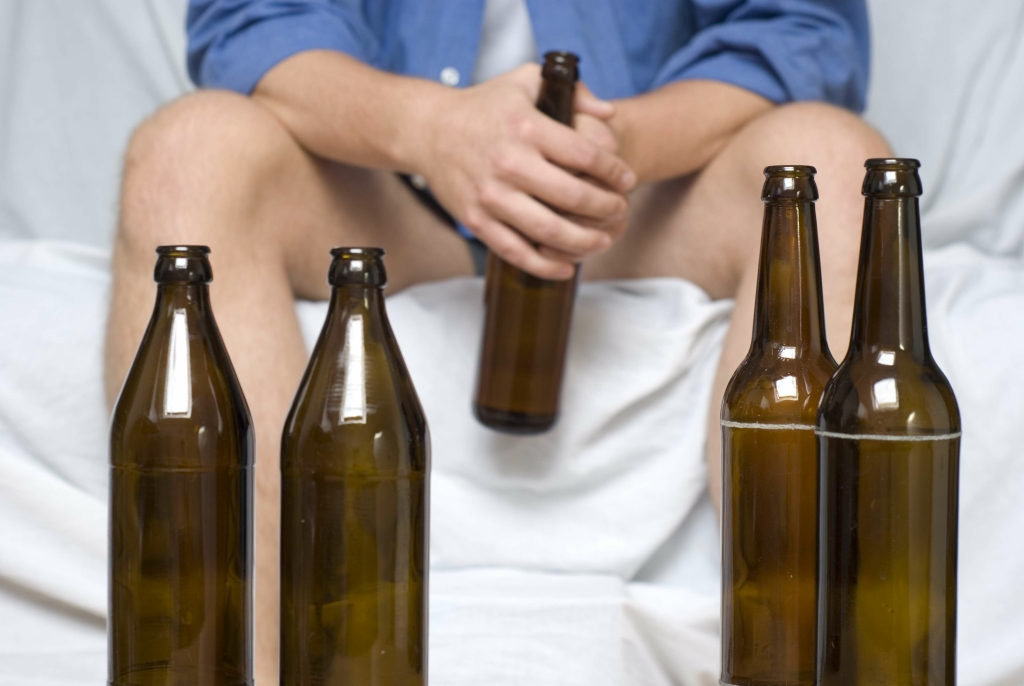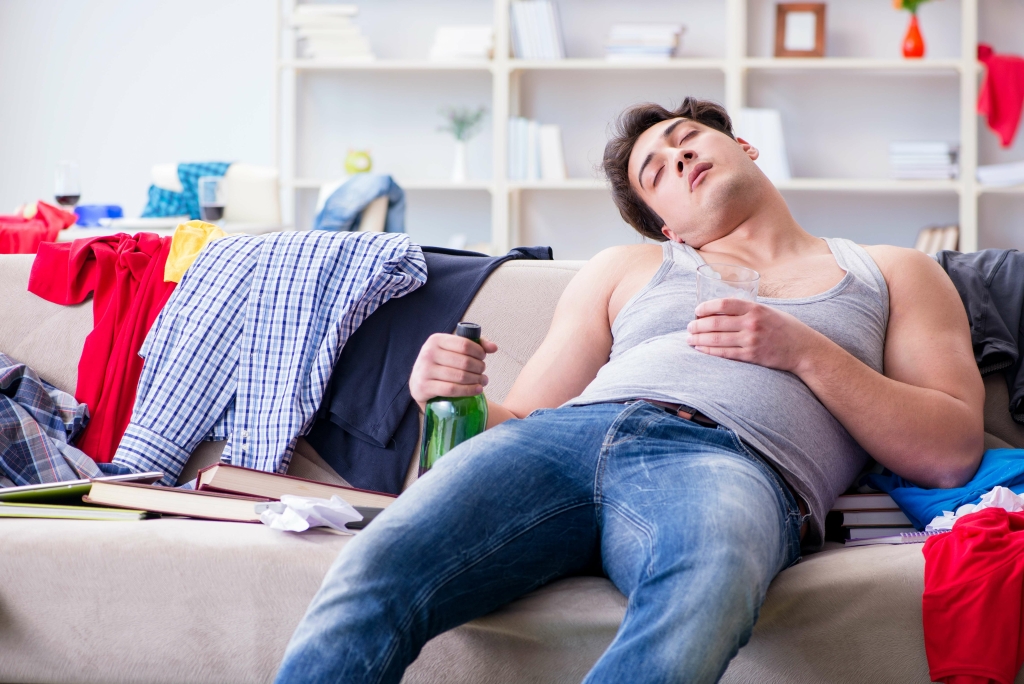The Skinny on Alcohol: How to Drink and Avoid Weight Gain
You’ve likely considered what you’re eating, what you’re not eating and of course, how much you’re moving. And if you drink alcohol, you may have thought about that as well. So to recap where we are currently, you’ve just consumed anywhere from 1,000-2,000 calories at the pub, and now you’re inhaling another 1,500-2,000 calories of high fat, high sodium food.
You can still enjoy drinking
- You do not have to give up alcohol entirely to create a calorie deficit.
- If you’re having trouble losing weight or noticed a sudden increase in your body weight, it might be because of alcohol consumption.
- While cutting out alcohol can reduce your calorie intake and potentially lead to weight loss, it largely depends on your overall eating habits and activity level.
- Several experimental studies have been conducted to examine the short-term effect of alcohol intake on feeding behavior and appetite control 3•, 5.
As it turns out, drinking a moderate amount of vodka every night might be good for them, as noted by registered dietitian Laura Krebs-Holm. “One study suggests that vodka and wine may help improve cholesterol levels by boosting the HDL cholesterol (also referred to as ‘good cholesterol’) in the blood,” she told The List. “Another study found that both red wine and vodka may help cardiovascular health by increasing blood vessel formation.” Additionally, flavored vodkas often contain added sugars and artificial flavors, which further increase the calorie count of your drink.

How Much Alcohol Makes You Gain Weight?
As we have seen above, those two drinks at happy hour, several drinks at brunch, and multiple glasses of wine at dinner can wreak havoc to your waistline. Never browse through the liquor store again or have to be the only sober one at a party and everyone’s designated driver just because you want to avoid those few extra pounds? Have you ever realized that you often end up eating way too much during or after a night of drinking? This can sometimes be because of available food during parties but it is also because booze tampers not only with your hormones, but also with your decision making abilities.
- They are generally less satiating than food which means you may be able to put back several high-calorie drinks without even feeling full.
- A modest increase in weight of one kilogram over a 10 week period seems insignificant but over five years this could result in up to 26 kg of weight gain if no compensation takes place.
- Lowered inhibitions and the type of foods commonly eaten with alcohol can both lead to body weight gain.
- Instead, use low-calorie mixers or add herbs and a kiss of fresh fruit to enhance your drink’s flavor.
Your cholesterol levels might drop if you drink vodka every night

National Longitudinal Study of Adolescent to Adult Health from people when they were in their late teens and early twenties and again when they were in their mid- to late-twenties and early thirties. If someone was already obese, they had Oxford House a 35 percent higher risk of staying that way and gaining more weight. When excessive alcohol consumption disrupts your exercise routine, it can be difficult to maintain a healthy balance. After a night of drinking, you might feel less inclined to exercise, which leads to reduced caloric expenditure. This decrease in activity can gain weight, as you’re not burning off the extra calories.

But, studies have shown that red wine drinkers have less stomach fat. One study found that red wine drinkers had less visceral fat, which therefore reduces the risk of cardiovascular disease and metabolic syndrome 7. This means the more alcohol you drink, the more likely you’re going to gain weight and develop an alcohol belly. Plus, if you’re consuming alcoholic beverages that are high in calories and vodka weight gain carbohydrates (like beer), the more weight gain you’re likely to experience.
Escribe un Comentario
Lo siento, debes estar conectado para publicar un comentario.

